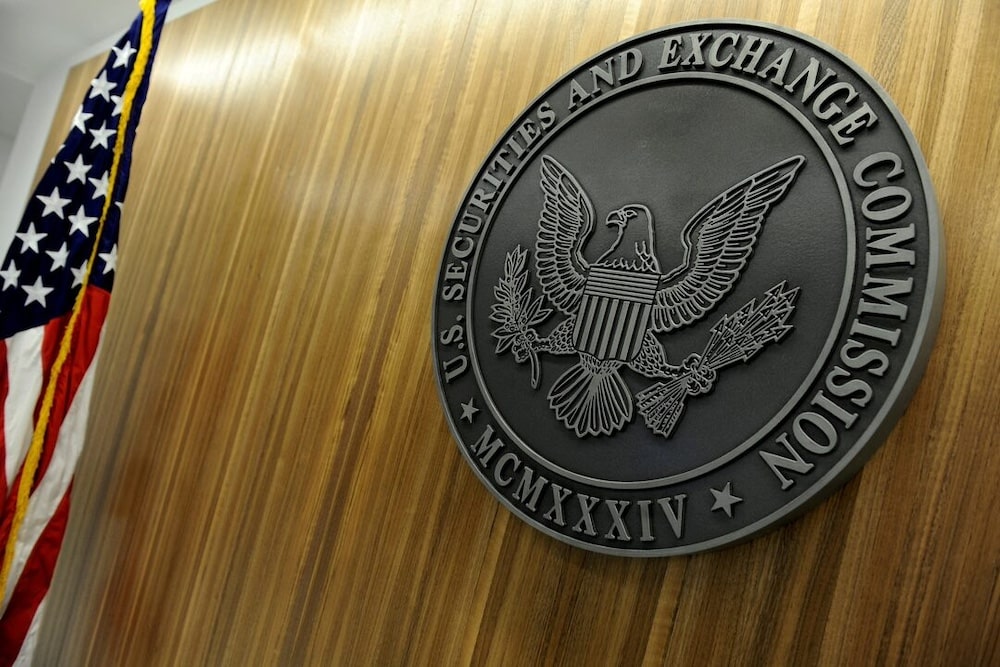The United States Securities and Exchange Commission (SEC) Chair, Paul Atkins, has announced policies to reduce regulatory barriers for decentralized finance (DeFi) platforms, marking a significant departure from the previous administration’s enforcement-heavy approach. Speaking at the agency’s Crypto Task Force Roundtable recently, Atkins emphasized fostering innovation while maintaining investor protections, which has sparked optimism across the DeFi sector.
SEC Chair Favours Regulatory Clarity
At the roundtable, Atkins unveiled plans for a conditional “innovation exemption” framework to allow DeFi platforms to bring on-chain products to market without stringent securities regulations. He argued that developers publishing software code, such as self-custodial wallets or smart contracts, should not face liability for third-party misuse, likening it to holding a car manufacturer accountable for a driver’s actions.
The agency’s Division of Corporation Finance also clarified that participation in proof-of-work or proof-of-stake networks, such as mining or staking, does not fall under the federal securities laws. This guidance provides immediate relief to DeFi developers, who have faced years of regulatory uncertainty. For instance, the agency’s dismissal of a civil enforcement action against Coinbase in February 2025 reflects this softer approach, prioritizing collaboration over litigation.
Industry Response and Global Implications
The crypto industry has welcomed Atkins’ policies, with figures like Erik Voorhees of ShapeShift praising the commission’s change in tone. The agency’s Crypto Task Force, led by Commissioner Hester Peirce, is engaging stakeholders through roundtables to craft tailored regulations. These efforts include discussions on tokenization and custody, with a focus on adapting rules to decentralized technologies.
Globally, the agency’s pivot could encourage onshore crypto activity, as 85% of trading currently occurs offshore due to restrictive U.S. policies. However, Atkins cautioned that centralized entities mislabeling themselves as decentralized will not evade oversight, ensuring a balanced approach to regulation.
The SEC’s move under Chair Atkins, who earlier promised to introduce “common sense” regulations and to collaborate with Congress on a balanced crypto framework, signals a promising era for DeFi, balancing innovation with market integrity. By proposing exemptions and clarifying non-securities activities, the agency is addressing long-standing industry concerns while aligning with President Trump’s executive order to bolster U.S. leadership in digital finance.
Find Cryptocurrencies to Watch and Read Crypto News on the Go Follow CryptosToWatch on X (Twitter) Now

